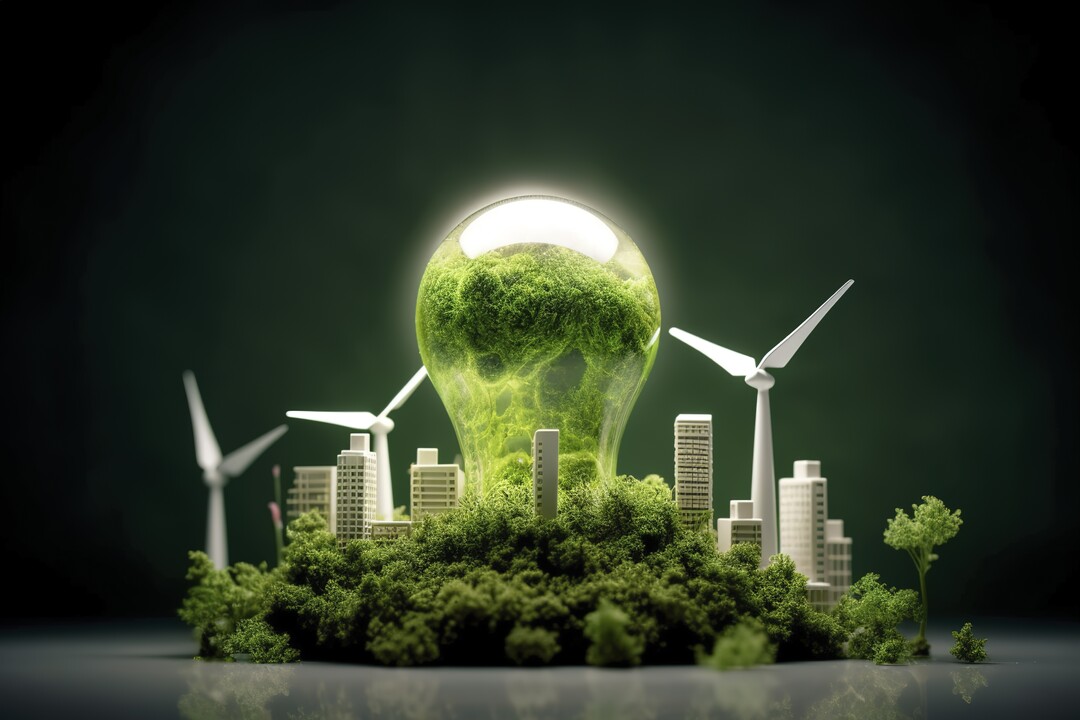
With Sunak redoubling efforts to exploit North Sea oil and gas reserves in an attempt to achieve energy security, the diversification of the UK’s energy sources seems to be a distant hope for the future
Although the prime minister claims to want billions of pounds invested in renewables, carbon capture and storage, and nuclear, nowhere near enough is being done to move to a low-carbon economy fit for an increasingly volatile world
Why Exxon and Chevron are doubling down on fossil fuel energy with big acquisitions (CNBC)
National Oil Companies Aren’t Ready For The Energy Transition (OilPrice)
Some of the world’s largest national oil companies (NOCs) have improved significantly their resilience to oil price slumps in the near future thanks to huge cash flows and profits in the past two years. But many of those companies face challenges in sustainability and ESG metrics due to governance issues, disclosures, and the lack of Scope 3 emission targets.
In its annual World Energy Outlook, the International Energy Agency (IEA) hailed the gathering pace of the worldwide transition to cleaner energy, forecasting for the first time that demand for oil, gas and coal would peak before the end of the decade.
This latest message from the IEA on the global energy transition is clear. Although clean energy is growing rapidly, the pace is not fast enough to be on track for Net Zero Emissions by 2050.
Global energy demand is outpacing the growth of supply of clean energy capacities. The difference is being made up by burning coal, oil, and other non-renewable sources. Without significant investments over the next decade in renewable energy, many countries, especially those in the Global South will continue to rely on traditional forms of energy to drive their economies and ensure the security of supply.
In 2022, the Global South, which represents 85% of the global population, received only 20% of the world’s clean energy investments, despite many of these countries having abundant wind and solar resources.
For many, the solution relies on deploying solar and wind power, but it is not that simple. To think that, it is like going into a battle without the full range of essential weapons.
For example, Australia is committed to solar and wind power, but hydroelectric power is impractical and nuclear power is vetoed. Many other countries have similar vetoes or taboos.
On top of that, achieving all national climate and energy goals will require adding or replacing 80 million kilometres of power lines by 2040 – an amount equal to the entire existing global grid. Major changes to how grids operate and are regulated are also essential, while annual investment in grids, which has remained broadly stagnant, needs to double to more than USD 600 billion a year by 2030.
Worsening the scenario, the recent Israel-Hamas conflict has triggered global concerns over the energy crisis again, particularly impacting the UK’s economic and energy landscape, despite a brief period of optimism around controlling energy prices earlier this year.
The UK’s recent moves to water down net zero policies does not only impede the nation’s net zero ambitions but also makes little economic sense.
The price issues and the tension between countries are delaying the transition and illustrate the point that delivering the clean energy transition is not simply a matter of political will. The solution will require dramatically lowering the implementation gap between targets and final investment decisions on the ground.
The population cannot simply afford all the costs or exclude any measures that can substantially help decarbonisation. If a proper balance is not achieved, the costs of energy transition will be too high and the citizenry will not be happy.
All countries can and should act much more strongly on the demand side to phase out inefficient appliances, vehicles and buildings and push energy efficiency (the ‘first fuel’ as the IEA says) to its limits.
At the same time, countries should boost research and development and innovation in all areas including nuclear fusion, carbon removal and geoengineering to build a vast new clean energy industry and new green jobs.
The global population cannot afford this any longer, when the global climate is clearly already heating up faster than previously expected.

Beatriz Canamary is a consultant in Sustainable and Resilient Business, Doctor and Professor in Business, Civil Engineer, specialized in Mergers and Acquisitions from the Harvard Business School, and mom of triplets. Today she is dedicated to the effective application of the UN Sustainable Development Goals in Multinationals.
She is an ESG enthusiast and makes it possible to carry out sustainable projects, such as energy transition and net-zero carbon emissions. She has +15 years of expertise in large infrastructure projects.
Member of the World Economic Forum, Academy of International Business and Academy of Economics and Finance.